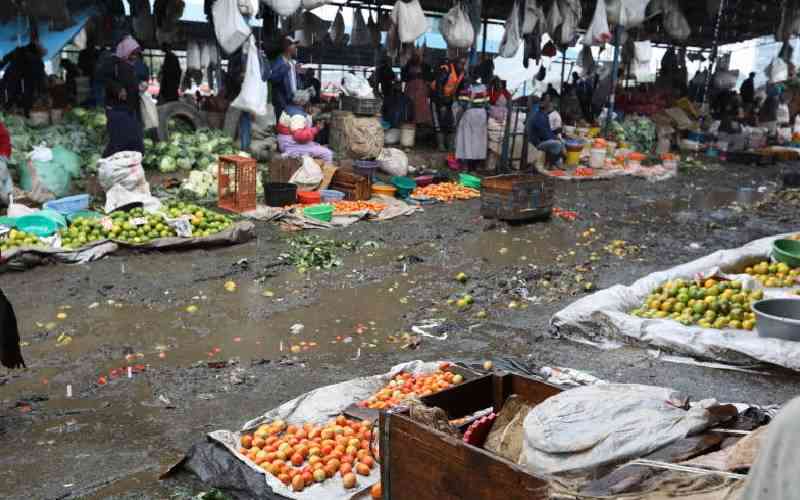
An alert has been issued by the Ministry of Health following an outbreak of cholera in six counties, namely Kiambu, Nairobi, Murang'a, Kajiado, Nakuru, and Uasin Gishu. Cumulatively, there are 61 confirmed cases of cholera in these counties. Acting Director General of Health Patrick Amoth says the outbreak can be traced to a wedding ceremony in Kiambu County from where it spread out.
Consequently, county and sub county health teams are under instruction to watch out for any patients who exhibit signs of cholera by presenting acute watery diarrhoea. According to statistics by the World Health Organisation, cholera claims between 21,000 and 143,000 annually globally yet it is a preventable disease if only high standards of hygiene are observed by all.